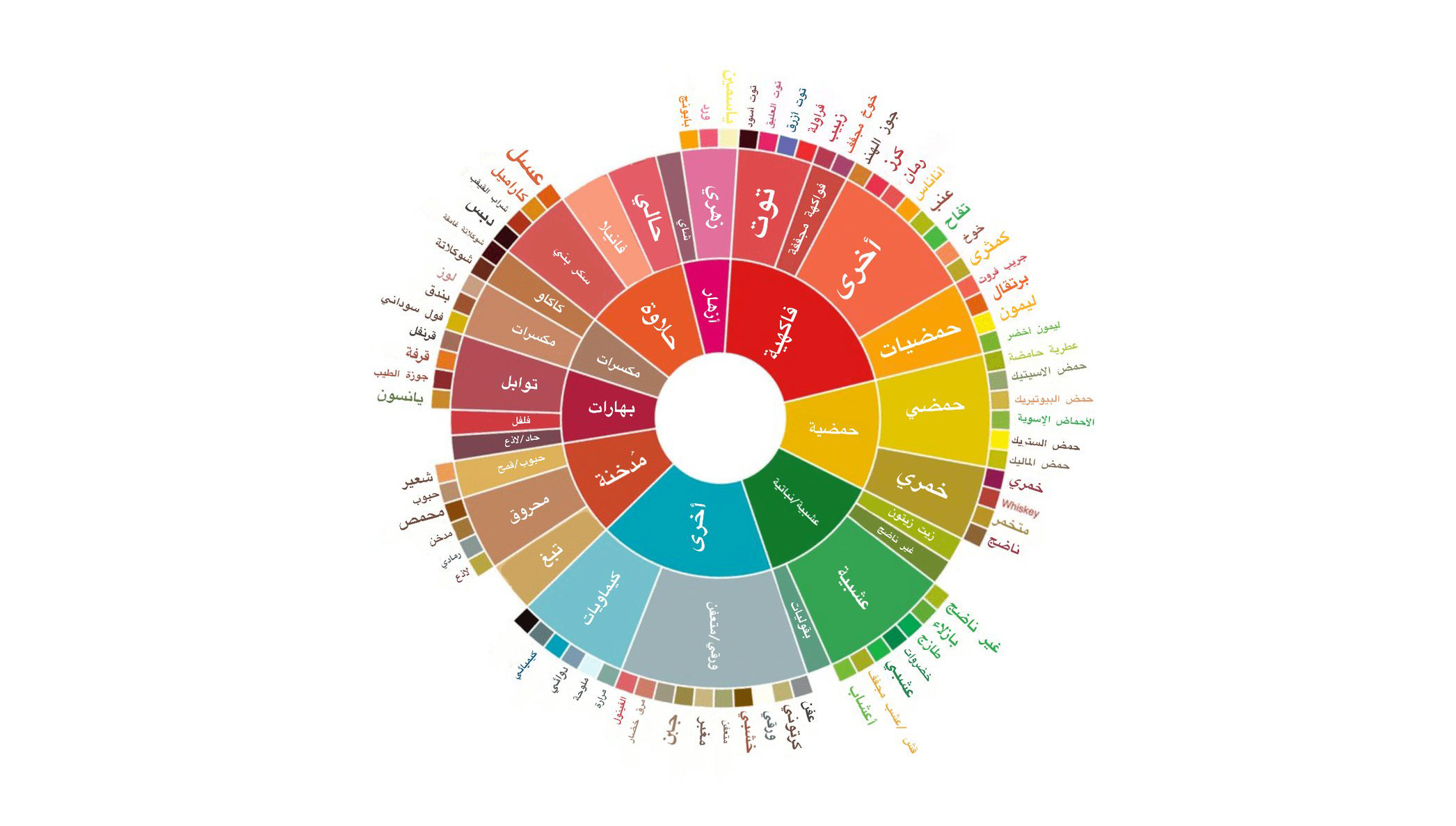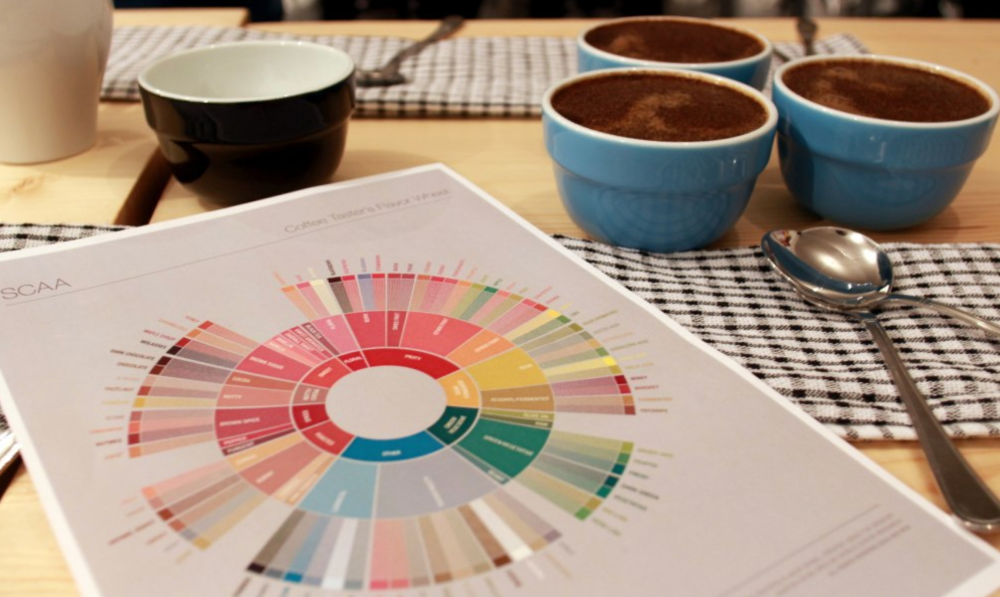Flavor science
Coffee isn't just "eye-opening caffeine." It's a complete journey that begins at the farm and ends in our brains. It involves science and chemistry, emotions and memories, and even the shape of the cup plays a role.

What does "flavor" mean?
Many people think that flavor = taste. In fact, flavor is broader:
- Taste: sweet, sour, bitter.
- Smell: what comes out of the cup and enters your nose.
- Sensation: heat, texture, mild sting.
Your brain combines these three and gives you the “flavor” experience.
Coffee Chemistry: The Secret of Diversity
When coffee is roasted, the substances inside it react and more than a thousand aromatic substances emerge from it.
- Some give you toasted aromas like nuts and bread.
- Some remind you of fruits or flowers.
- Some of them are responsible for the bitter taste.
Even bitterness itself comes not only from caffeine, but from other substances created during roasting. That's why a dark roast gives you a heavier bitterness than a light roast.
Why do coffees have different flavors?
- Altitude : The higher the altitude, the slower the grain ripens and the more pronounced the flavours are.
- Processing method : Is the coffee washed, naturally dried, honey-dried, or anaerobically roasted? Each method significantly changes the flavor.
- Water used in brewing : If the water is too heavy with minerals or too light, it changes the extraction and taste.
Psychological aspect: Why do we associate ourselves with coffee?
- Caffeine reduces the feeling of fatigue and gives energy.
- Scents remind you of specific moments, like a morning gathering or memories of a favorite place. That's why a cup of coffee lifts your mood, even before you drink it.
- Expectations : The shape or color of the cup changes how you experience the taste. For example, a white cup makes coffee appear darker and more bitter than a clear glass cup.
Why are our tastes different?
- Genetics : Some people have a higher sensitivity to bitterness, while others tolerate it easily.
- Habit : Over time, your brain begins to associate the bitterness of coffee with activity and productivity, and the bitterness turns from something annoying to a beloved hallmark.
How do you develop your taste in coffee?
- Try the same coffee with a different roasting method.
- Compare washed and dried, and write your observations.
- Try the same coffee in different cups, you'll be surprised by the difference.
- Be careful how much water you use, it's about half the flavor.
So
We love coffee because it combines chemistry (complex aromas and flavors), the brain (energy and memories), and culture (rituals and hospitality). Why not understand this combination?

